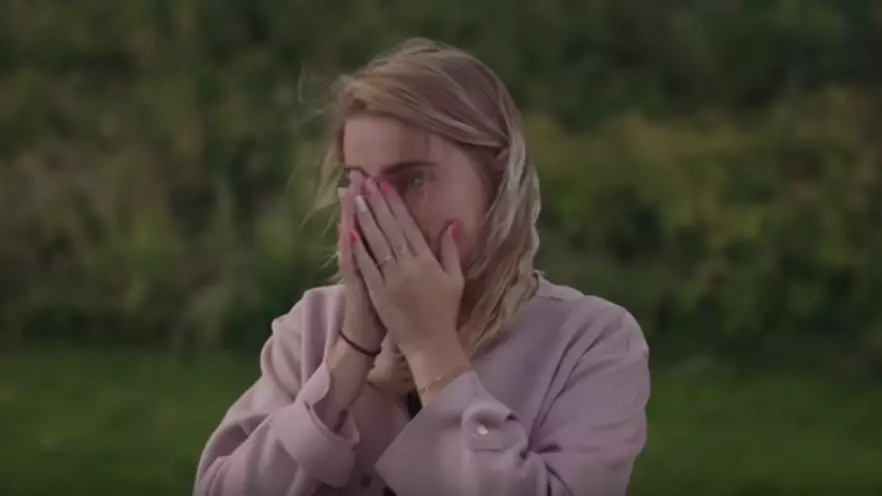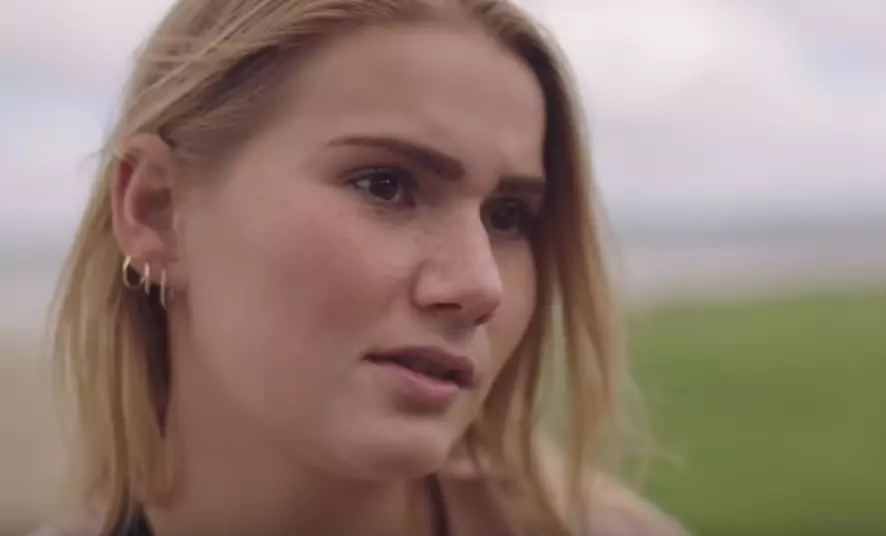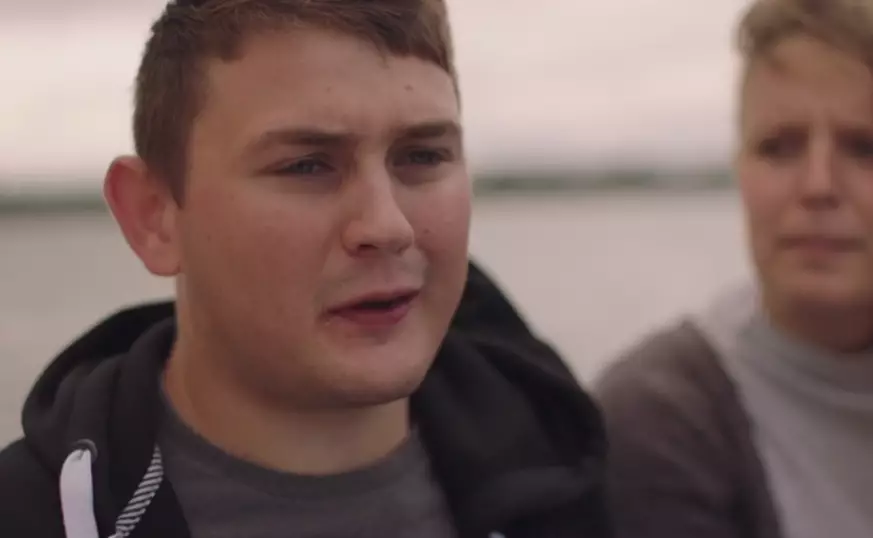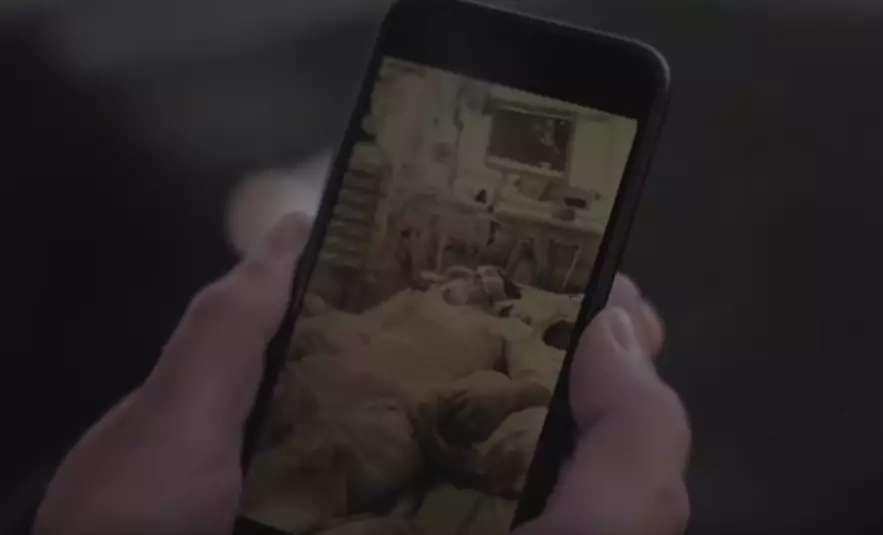
We all know that some school trips are better than others. But at least you've probably never been away with your school and fallen into ice-cold water, prompting your heart to stop beating for several hours - which is exactly what happened to a group of Danish children back in 2011:
Miraculously, they all survived. Just.
Advert
A group of 13 school children and their two teachers had been on a school trip to Præstø Fjord, on the island of Zealand in Denmark.
Just 20 minutes after setting sail, their boat capsized due to high winds and plunged the youngsters into the freezing cold water.
Speaking to the BBC as part of a documentary called Back From The Dead, Katrine - one of the survivors who was just 16 at the time - said: "It was so freezing, it was so cold and there was ice on the water.
"I landed under the boat and when I came up from under the water the nightmare began.
Advert
"Everybody was screaming and everything was like unreal. You could just see the panic.
"The teacher said that we had to swim in because otherwise we would die."

Katrine and some of her classmates amazingly managed to swim back to shore, hundreds of metres away, but seven weren't able to make it back.
Advert
After being struck by extreme hypothermia in the water, they became clinically dead.
Another student called Casper was one of the unlucky few unable to swim to safety, and his heart stopped beating in the water.
He said: "It was hard weather, it was very windy. The boat flipped in the middle of the sea then all the people fell out.
"I couldn't swim. One of my friends came over to me and tried to help me but after some time I was clinically dead because of the temperature of the water."

They were stuck in the water for two hours before they were finally rescued by paramedics.
Advert
While the teenagers' hearts had stopped beating, the hypothermia had also slowed their metabolism - which meant their organs actually had a chance of restarting when they warmed up.
After arriving at the hospital, doctors tried to increase their blood at one degree every 10 minutes.
Dr Michael Jaeger Wansche, who had helped treat the children, said: "They felt cold. They were ice cold. They're clinically dead young teenagers.
He continued: "When you are as cold as they were, we know that we can resuscitate. They are dead but not really dead.
Advert
"We still have a chance."
It took six hours before medics heard a heartbeat.
Even then, the children remained in comas, due to the damage from oxygen deprivation to the brain.

Incredibly, scans showed no abnormalities, meaning the group became the largest group of hypothermic victims to have been successfully resuscitated.
Katrine added: "I have learned what's important and what's not important. What is worth fighting for.
"I'm really happy that I'm alive."
Featured Image Credit: BBC
Topics: Students, World News, News